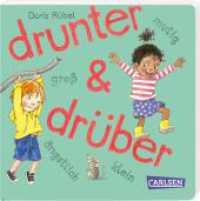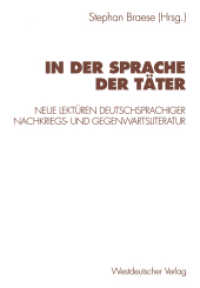Full Description
Current conceptions of teacher training reflect key issues in professional practices. Two prevailing views seem to be in conflict, the first is that a teacher ought to be able to act as an autonomous professional, trusted to have and apply subject knowledge, through the exercise of judgement. The second conception views the teacher more as a 'deliverer' of a specific curriculum, defined centrally in various government sponsored strategies. Much has been written on the development of 'the reflective practitioner' as crucial to the first conception, and a strong critique of 'the audit culture' in education has emerged. Currently we are at a significant moment in teacher education, - a 'lighter touch' KS3 curriculum and the instigation of new standards for the award of qualified teacher status (QTS). The QTS standards are important as they are set to form the basis of standards at all levels of teaching. This book examines in depth current education and suggests why and how teachers need to develop and exercise practical knowledge and understanding; how standards assessment alone cannot support this teacher 'formation'; and what good 'formation' might be.
The nature of practical knowledge is analysed, using some concepts from the work of John Dewey, in two theoretical chapters (4 and 5). The current standards-based model of teacher training in England is predominantly instrumentalist in its application of 'technical rationality' and unsuited to the formation of teachers. However, the often invoked concept of the 'reflective practitioner' is underdetermined and a conception of reflection is needed to illuminate its contribution to the development of practical judgement. The book's argument applies more widely to the debate between 'deregulators' and 'professionalisers' in other spheres of economic and social activity. In asking specific questions about teacher education, questions about the aims of education within specific conditions are raised.
Contents
Part 1: The Nature of Teacher Capacity and Judgement; 1. Setting the scene; 2. Competencies and standards in ITET; 3. The reflective practitioner; 4. The nature of teacher knowledge and understanding; 5. Experience as a foundation of practical judgement; 6. Mentoring; Part 2: Implications for Teacher Training and Education; 7. Educational research; 8. Assessment, quality and accountability issues.; 9. Conclusion.








